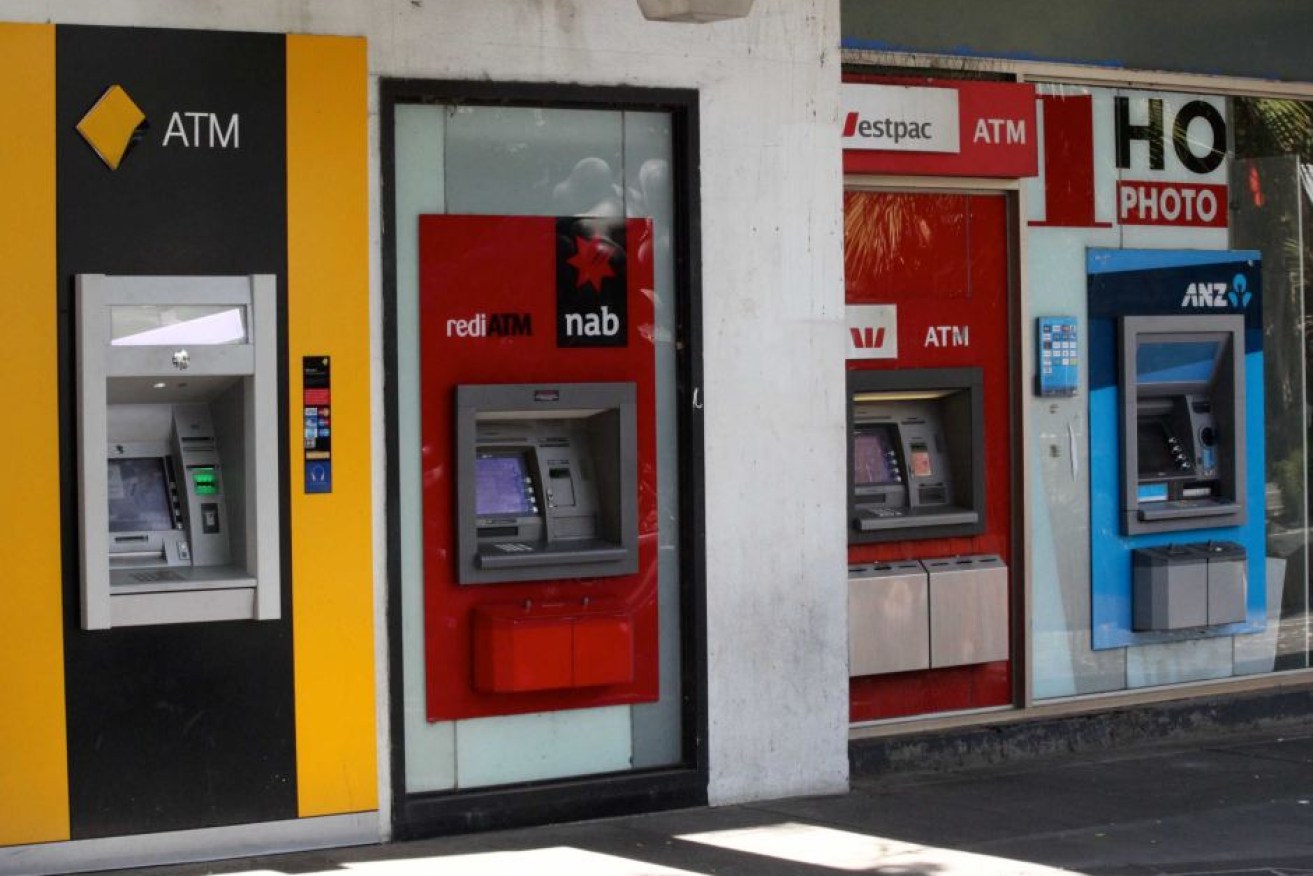Will superannuation funds become the new banks?


Super funds could improve comptetition in the banking sector. Photo: ABC News
Australians now have more money invested in superannuation – $2.8 trillion – than the banks have in loans to individuals and businesses.
With that in mind, some are calling for superannuation funds to take on the banks and start lending money directly to Australians.
That was the possibility raised this week at a superannuation conference hosted in Sydney by NAB executive and former NSW premier Mike Baird.
Experts say there’s certainly the potential for funds to move into banking, and some say it could mean better deals for consumers and home buyers.
“If the super funds were to enter the lending market it could increase competitive pressure on the banks,” said Daniel Yu, an analyst with ratings agency Moody’s Investor Services.
“Super funds would have to offer something competitive which could put downward pressure on interest rates – a positive for borrowers.”
“But it would not be that easy to do. Whilst super funds have access to capital, they don’t have the infrastructure in place to make loans. There are also ASIC rules on responsible lending they would need to follow. Finally, they would have to balance risk and return profile of the loans in the context of the fund’s other investments.”
In fact although super funds have been growing dramatically in recent years, the relative value of their lending has actually fallen.

Despite that reality there is a lot of pressure from the corporate world to tap superannuation for loans. Industry fund First State Super has made loans to six Australian companies since February and packaging group Visy has borrowed $400 million from funds including AustralianSuper and IFM Investors.
Research from Industry Super Australia shows that super funds in June last year owned $6.6 billion in Australian corporate bonds and had made loans of $3.9 billion to business. But that’s small beer among total business debts of $1.2 trillion.
Compared to their international counterparts Australian super funds are small players in the loan market.
Andrew Inwood, principal of research group CoreData, says despite the demand from parts of business it’s not going to be easy for super funds to build their lending business, partly for cultural reasons.
They have the capital but not the structures or the people. They haven’t been successful when trying to do it in the past as it is very hard for them to think like a bank.”
ISA chief economist Stephen Anthony said there are issues about returns the funds have to deal with in lending long term to business. “Long-term debt is similar to equity in a risk-return sense” and business is not necessarily willing to pay what the super funds require.
“Australia’s major banks have historically cornered the market in … business banking.”
That allows them efficiencies in the market super funds don’t have and big companies can also access cheap funds offshore.
The one gap in the market is small business lending.
“They face very big constraints to get capital, so 30 years after deregulation you could argue there is market failure,” Dr Anthony said.
However that is not a gap the super funds are likely to fill. Building industry fund Cbus is looking to make loans but hasn’t found the right opportunities yet.
“Cbus’s role is as a sophisticated, bespoke lender for sophisticated borrowers. You aren’t likely to see us active in the small and medium end of the market,” said chief investment officer Kristian Fok.
Significantly, Dr Anthony said, it is not small business that is calling for loans from super funds.
“They are large corporates that expect long-term money to be available at rates not much higher than shorter-term commitments.”
Kirby Rappell, CEO of research house SuperRatings, said “the market is changing and the larger super funds are looking for opportunities that make sense for them. Making loans would not be a bad thing if they make commercial and economic sense.”
The New Daily is owned by Industry Super Holdings









